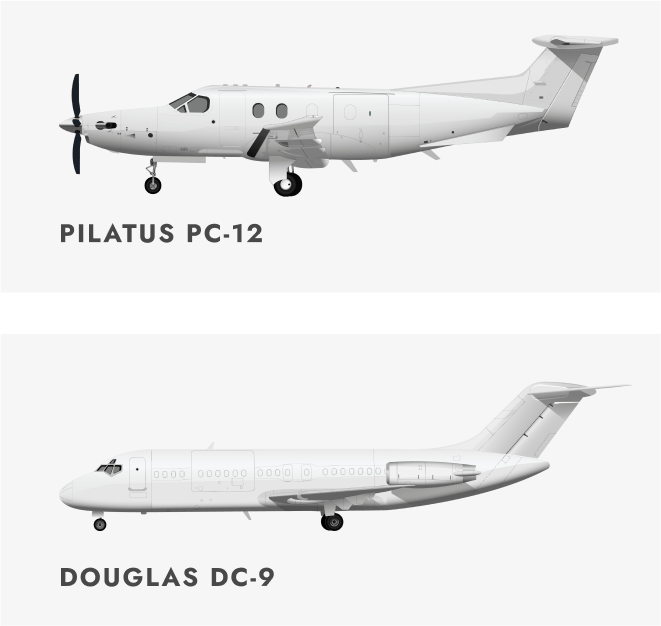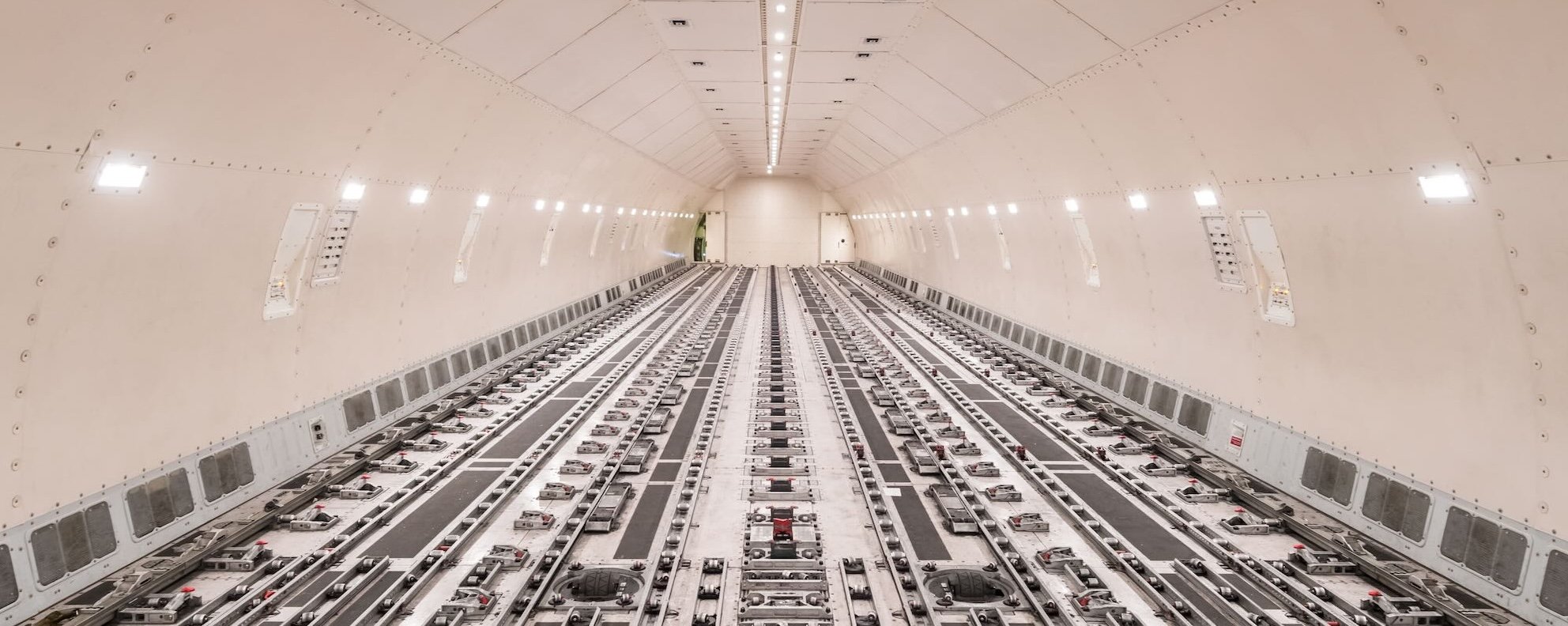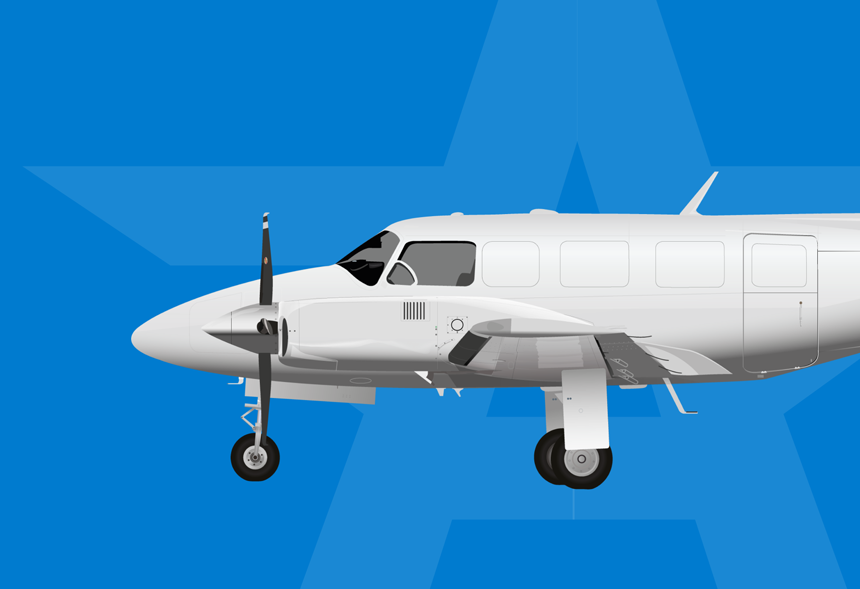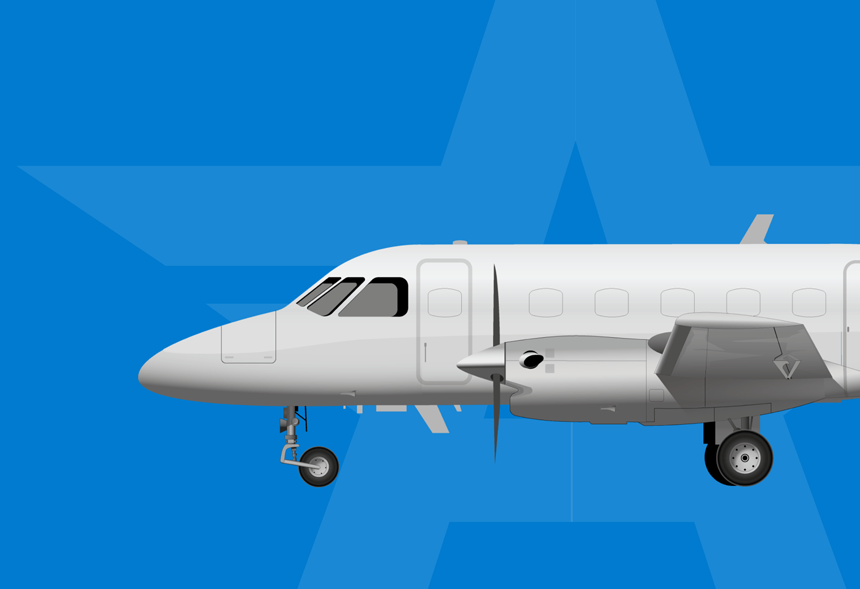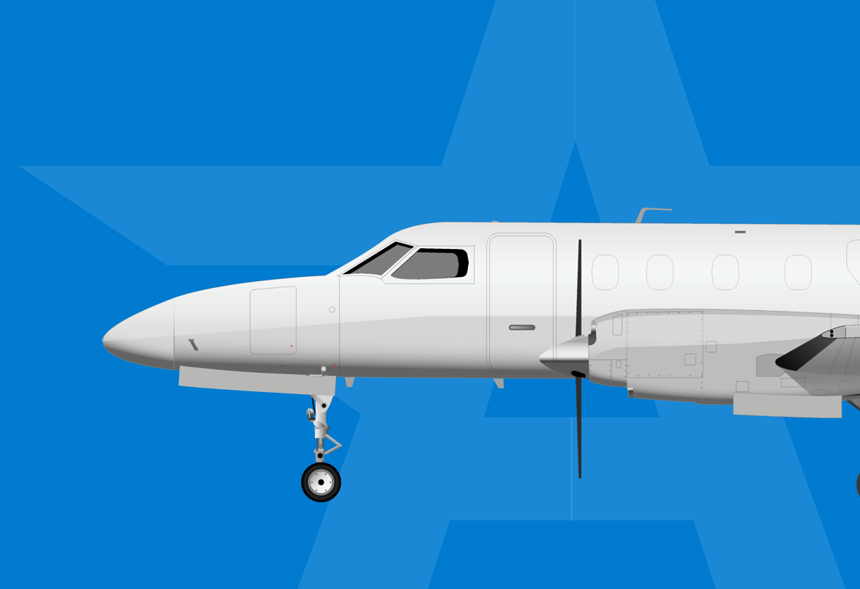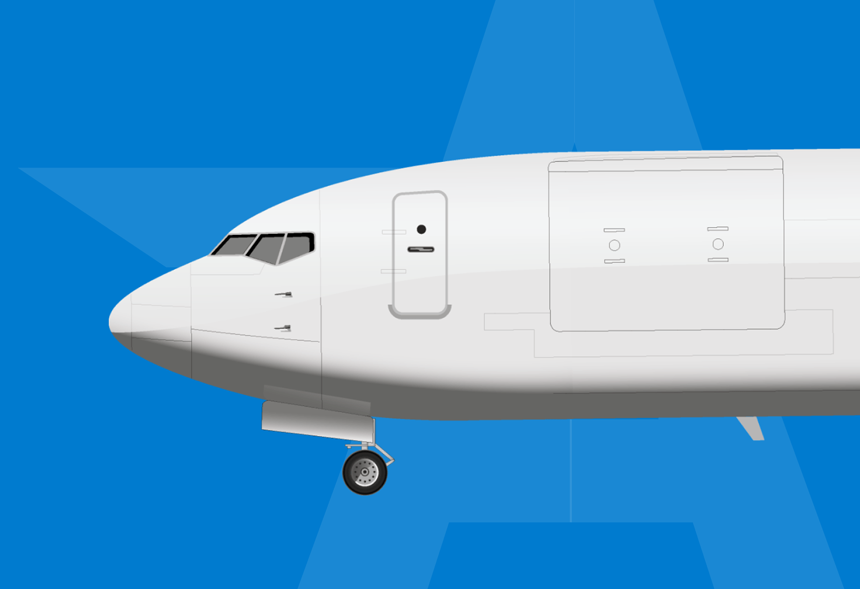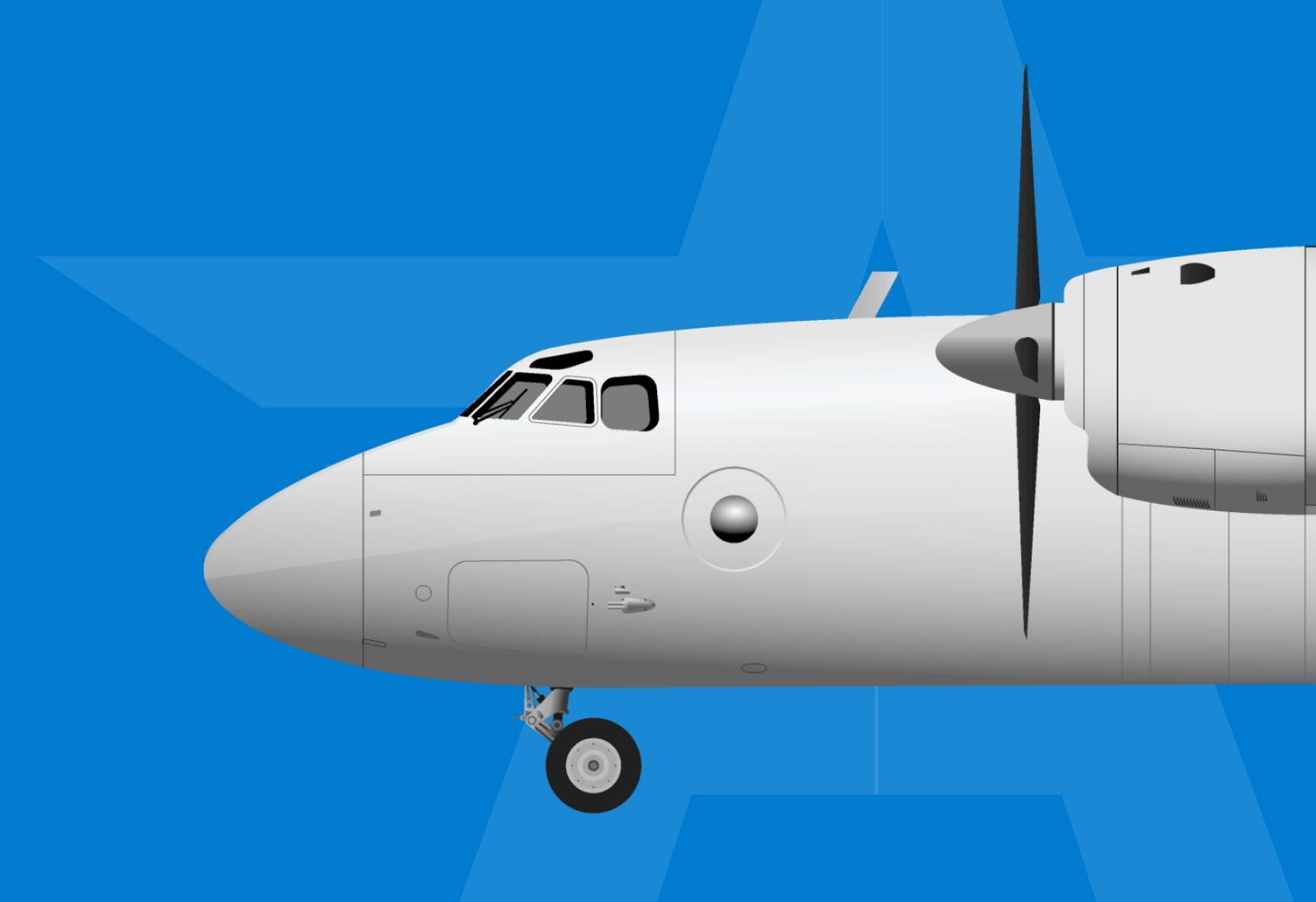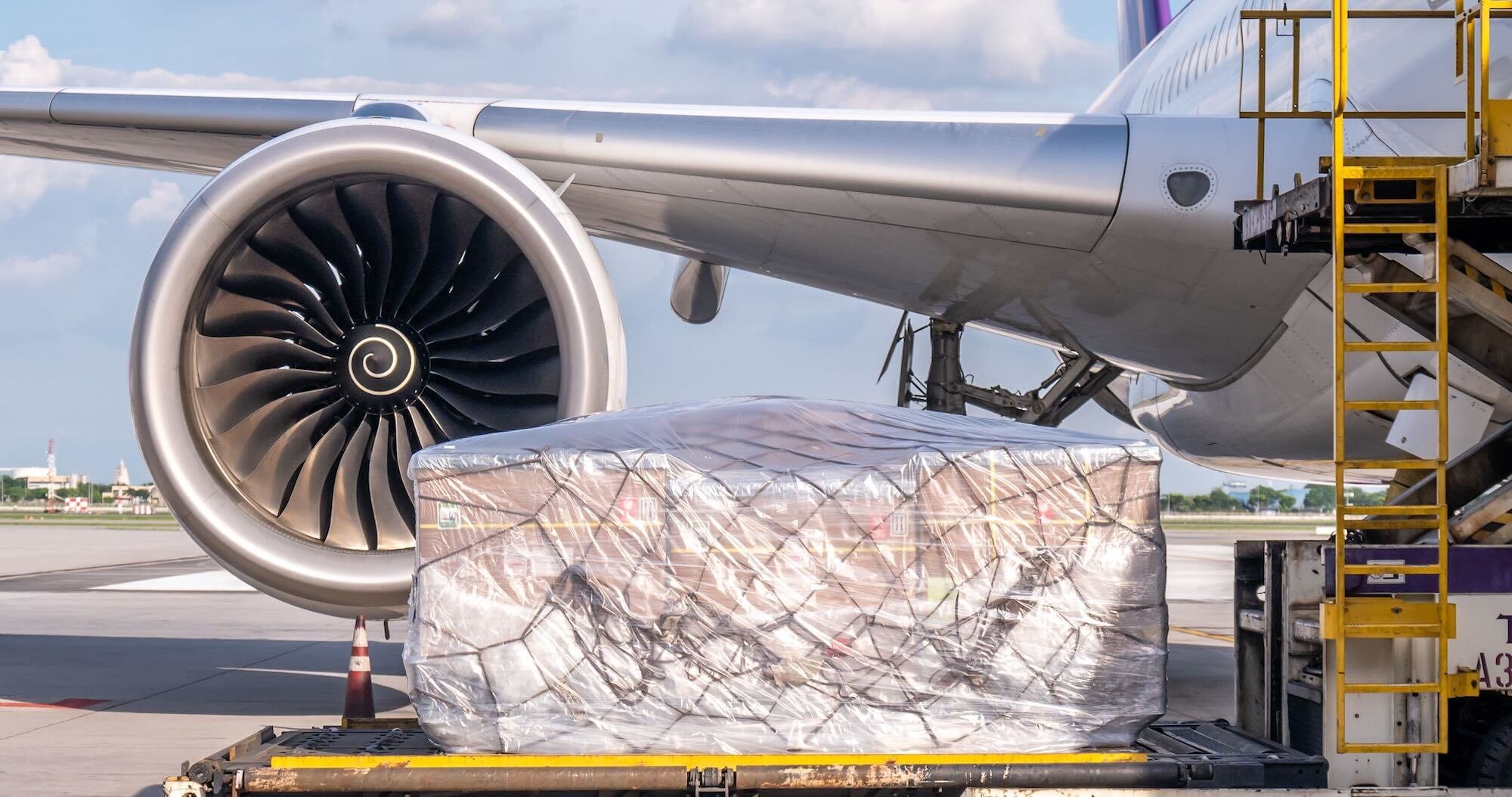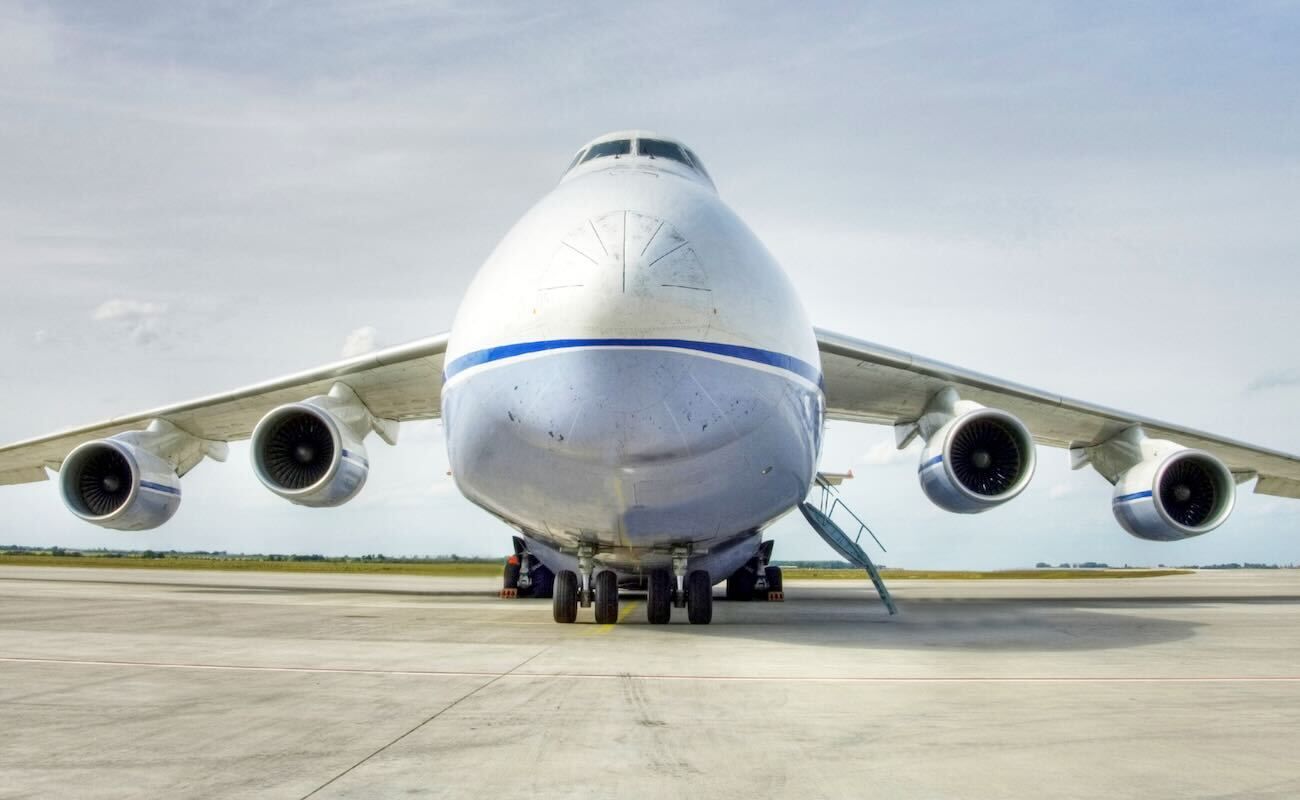Air Charter Solutions
By delivering fast, dependable air freight, long range cargo airplanes keep products moving and help fuel global trade.
Freight aircraft let businesses to meet tight deadlines through air charter services. They can adapt quickly to market demands and keep operations running smoothly during peak seasons or emergencies. Designed to handle everything from oversized machinery to hazardous materials, cargo freighter aircraft are incredibly versatile at shipping expedited freight.
Cargo freighter aircraft play a pivotal role in global supply chains, offering the speed, capacity, and reliability needed to transport goods across continents. Unlike passenger aircraft, freight aircraft are purpose-built or converted to handle a wide variety of air cargo, from express parcels and high-value electronics to oversized machinery and perishables.
Popular models such as the Boeing 747-400F, Boeing 777-200F, and Antonov An-124 offer high payload and long-haul capabilities. Others like the Airbus A300-600F and Boeing 767-200F are workhorses on mid-range and domestic routes. Understanding the capabilities of each freighter model helps shippers optimize air cargo solutions based on cargo type, volume, and urgency.
While passenger planes are built with the safety and comfort of passengers, cargo planes are designed for the transportation of goods. Passenger planes are equipped with rows of seats for travelers, while the interior of a cargo plane is an open space designed to hold freight.
Freight aircraft also have heavy-duty handling systems and reinforced floors to manage large, heavy, or irregularly shaped items. Air cargo planes are equipped with expansive, oversized cargo doors that facilitate the loading and unloading of large freight containers and pallets.







